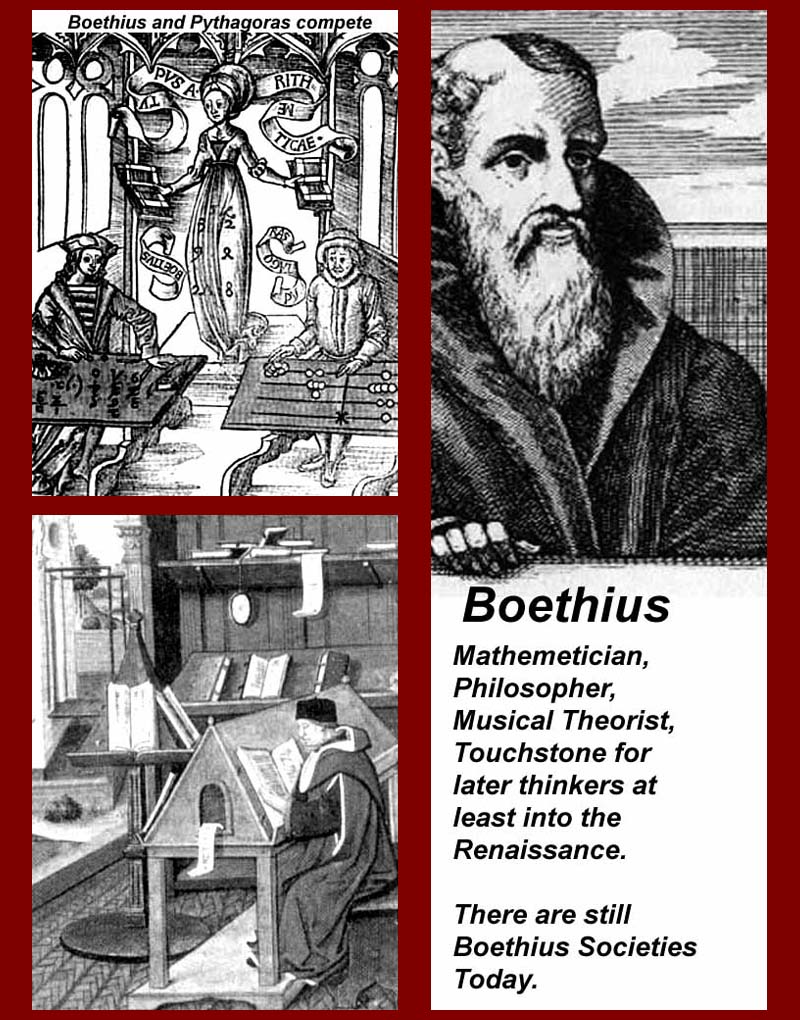In pre-Christ age, people believed and admitted that- the earth is still and center of the universe and everything else move around it. About all scientists, philosophers and great-minds of that age approved it as truth. But one extra-ordinary scientist named Aristarchus first suggested that, not the earth, but the sun is the center of the universe and everything else move around it. But people of that time was too much influenced by Aristotle’s ideology that, they denied Aristarchus’s concept. As Aristotle was very popular, Aristarchus and his theory were destroyed by the cruel justice of time.
| Aristarchus' Model of the Solar System |
And that is where the history of middle age astronomy begins. Aristotle’s earth-based universe concept wasn’t working and also the sun-based universe concept of Aristarchus wasn’t acceptable. So, scientists fell in a situation like a fish out of water. So they had to modify the model of Eudoxus. So, they made it more critical using more spheres and even wheels. They add more epicycles and eccentrics, but though they failed to make a model which can describe the basic events of the universe around us. Greek astronomer Claudius Ptolemy finalized the correction of this model. He was also wrong like Aristotle. But his model worked better than before. Ptolemy was hard-working but he often hid information in order to keep his model neat and clean. Though his model worked well, it had too many critical errors. Ptolemy accepted Aristotle’s earth-based concept. He showed very simple logic for this concept. He said- if earth moved, people would splash up from here to there.
In that age, people weren’t reasonable yet. They admitted what the philosophers said, without any objection. But people didn’t know that Science and Belief is way too different from each other. Ptolemy’s model was counted as a perfect model to the people as well as the scientists for about 1400 years. This model was the final modified version of Eudoxus’s model which never could describe the critical linear motion of the objects in the solar system. Ptolemy is the first scientist who thought that our planet is like a dot in the scale of universe.
 |
| Ptolemy's Model |
Heraclitus and Lucretius were two more wises of the similar time of Ptolemy who thought that the sun is equal to a shield in size. But another wise named Anaxagoras said that the sun is way too huge than a shield. Anaxagoras was charged of irreligion and was expelled from his country.
In 5th century AD, religious revolution began and Dark Age of knowledge started. 391 AD, Christian saints burnt the great Seraphim knowledge center in Alexandria. 415 AD, they killed all time great Alexandrian female geometrician, Hypatia. She was killed very crudely in public. In short, the saints sacrificed her in the name of Lord. In 529 AD, emperor Justinian the great shut down Plato’s academy. Rise of the Christianity destroyed knowledge all over the world. Wises of Rome and Alexandria were fled to Brigantine. Religious darkness concealed the west. The last Christian Scientist, who tried to take mankind to the right scientific way, was Ankius Boethius. But also, he was sentenced to death in 524 AD.
640 AD, Muslims conquered Alexandria. They also didn’t have thirst of knowledge. Exultingly they burnt down the great Alexandrian library. In 760 AD, Baghdad became the capital of Islamic empire. After much merriment, some great Muslim minds felt the thirst of knowledge. It seems weird; because feeling thirst for knowledge at that time was indifferent to calling ones death. Whatever, those Muslim wises started rendering the Greek books. In west, Muslim wises took charge of recovering the lost knowledge. They started acquiring old Greek knowledge. But they were harassed by Muslim saints. But they didn’t give up acquiring knowledge. The continued their quest in that situation at that age. Arabian astronomers didn’t do anything special. Even yet, the Ptolemy model was counted as standard. Though, they made illogical and imaginary concept of ‘seven skies’ or ‘ten skies’.
In middle age, all religions played negative role against knowledge. They wanted to establish their ‘beliefs’. And they proved that religion is always opposite to science through their above mentioned acts. The Dark Age lasted from 5th to 15th century AD. It not only ruled over astronomy, but all divisions of knowledge, even literature! Where the history middle age astronomy ends, the history of modern astronomy begins.

No comments:
Post a Comment